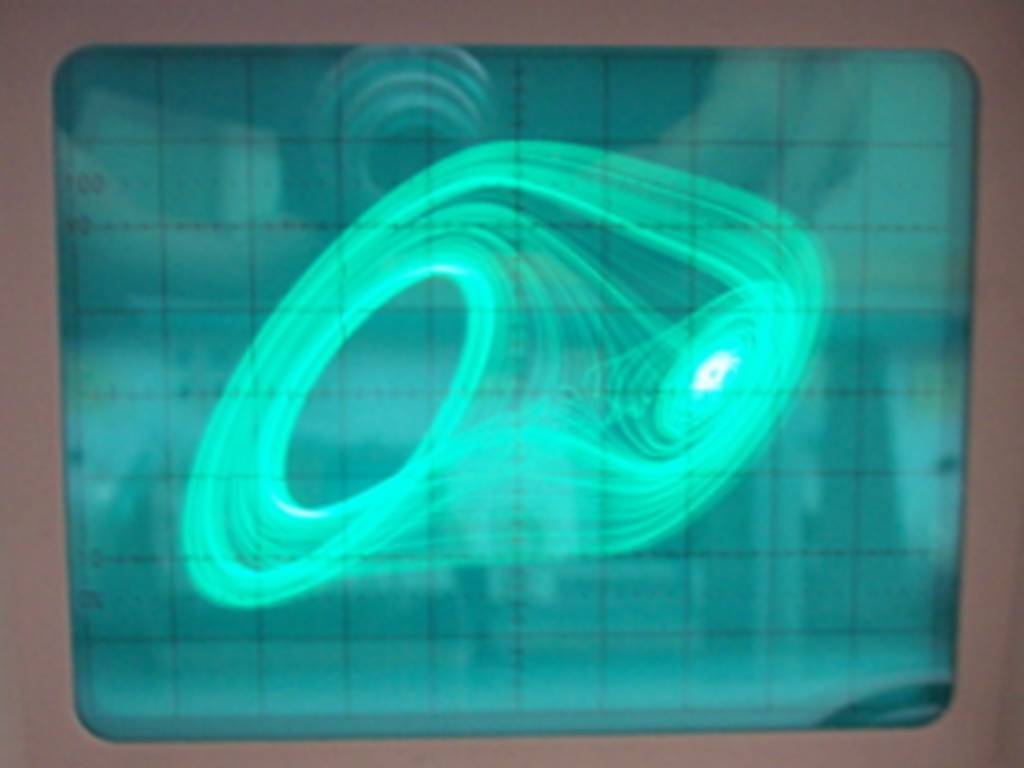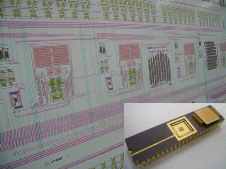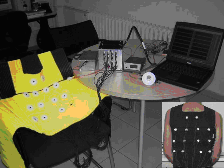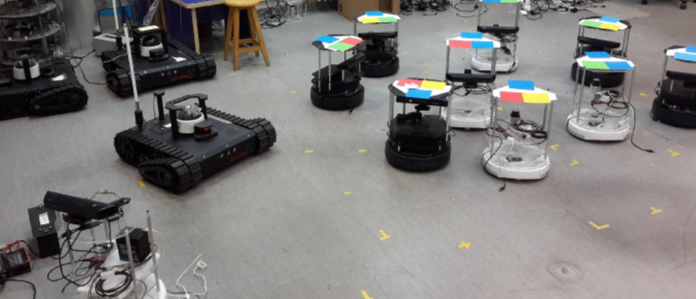Intelligent systems consist of components who have some sort of sensory feedback from their environment and in turn interact with the environment with some sort of autonomy. Our goal is to engineer intelligent systems that have predictable and robust behaviours. We are building systems ranging from attentive robots, to robot teams to software that emulates folding behaviour of protein. Our particular interest is dynamical systems, sensory feedback based control and coordination of multiple agents.
Research Laboratories in BUEE

DS Laboratory aims to model, simulate, analyse and investigate the properties of and develop control methods for dynamical systems, irrespective of their field which can range from mechanics to biology, from cognitive systems to economy. Due to the inherently interdisciplinary nature of its domain DS Laboratory cooperates with various departments and institutes of different disciplines.

Mechatronics is the synergistic integration of mechanical engineering with electronics and intelligent computer control in the design and manufacture of products and processes. Bogazici University UNESCO Chair on Mechatronics focuses on developing new methodologies in the areas of intelligent systems and mechatronics. The research includes combination of both theoretical studies and their practical applications to robotics and nonlinear systems. Some practical applications of the Mechatronics Laboratory are robotic manipulators (2 DOF SCARA, 5DOF CRS/Quanser and Inverted Pendulum), electromechanical system (Antilock Braking System) and flexible manufacturing system (MPS 500).

BETA (Bogaziçi Üniversitesi Elektronik Tasarim ve Arastirma Laboratuvarı) has research areas on design automation systems for analog and digital circuits, low-power design, power aware design methodologies, analog-to-digital converter circuits and architectures especially Sigma-Delta ADC's, speech processing hardware, embedded systems and mixed-signal industrial oriented designs.

Lung Acoustics Laboratory (LAL) is a place where researchers from different disciplines come and work together.Main areas of research conducted in LAL involve both hardware development for lung sound acquisition and diagnosis instrumentation and algorithm development for further processing of acquired lung sounds with the final aim of building an “intelligent stethoscope”. Some of the current topics in LAL are online processing and classification of respiratory sounds using digital signal processors, multi-resolution analysis of respiratory sounds, system development for multi-channel acquisition of respiratory sounds and modeling air flow-lung sound relationship.
